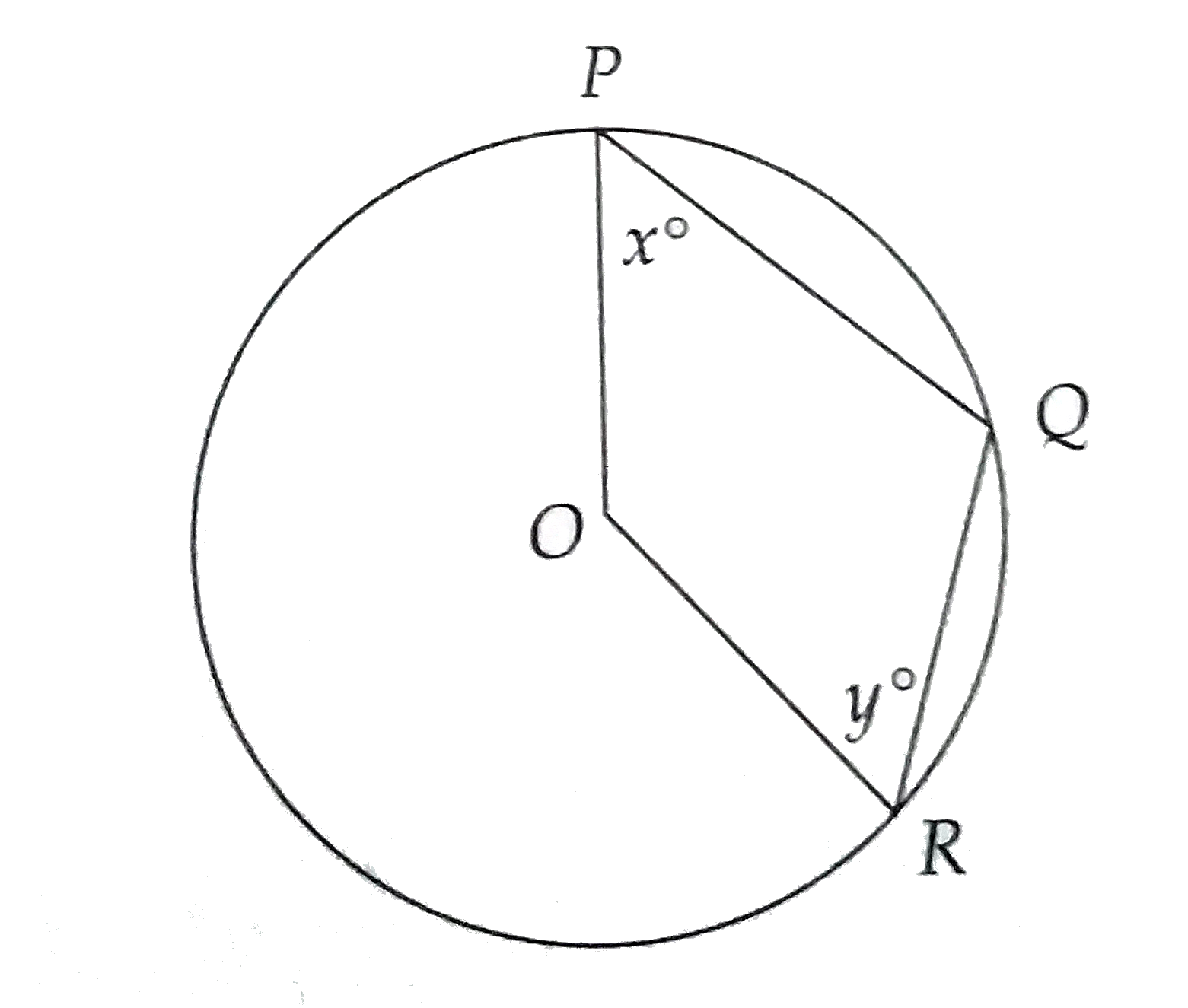The long term prospects for a truly human civilisation depend in a large measure on
the ability of humanity to moderate its fecundity
increasing the food production
colonisation of under polulated area
control of human diseases
The correct Answer is:D
Step-by-Step Solution:
1. Understanding the Question: The question asks about the long-term prospects for a truly human civilization and what factors are crucial for its sustainability and growth.
2. Analyzing the Options: The options provided are:
- A) The ability of humanity to moderate its fecundity (fertility).
- B) Increasing food production.
- C) Colonization of underpopulated areas.
- D) Control of human diseases.
3. Evaluating Each Option:
- Option A: Moderating fecundity can help control population growth, but if done excessively, it might lead to a decrease in population.
- Option B: Increasing food production is vital to prevent starvation and ensure health, but it is not the immediate solution if diseases are rampant.
- Option C: Colonizing underpopulated areas can help distribute the population better, but it does not address the immediate threats to human life.
- Option D: Controlling human diseases is crucial as it directly impacts mortality rates. If diseases are managed effectively, the population can grow and sustain itself.
4. Determining the Most Crucial Factor: Among the four options, controlling human diseases is the most important factor. By reducing mortality rates caused by diseases, the population can thrive, which in turn allows for better food production and population management.
5. Conclusion: Therefore, the long-term prospects for a truly human civilization depend primarily on the control of human diseases.
Final Answer:
The long-term prospects for a truly human civilization depend in a large measure on the control of human diseases.
---
- A) The ability of humanity to moderate its fecundity (fertility).
- B) Increasing food production.
- C) Colonization of underpopulated areas.
- D) Control of human diseases.
- Option A: Moderating fecundity can help control population growth, but if done excessively, it might lead to a decrease in population.
- Option B: Increasing food production is vital to prevent starvation and ensure health, but it is not the immediate solution if diseases are rampant.
- Option C: Colonizing underpopulated areas can help distribute the population better, but it does not address the immediate threats to human life.
- Option D: Controlling human diseases is crucial as it directly impacts mortality rates. If diseases are managed effectively, the population can grow and sustain itself.
The long-term prospects for a truly human civilization depend in a large measure on the control of human diseases.
Similar Questions
Knowledge Check
Assertion : The effects of particulate pollutants are largely dependent on the particle size.
Reason : Air borne particles such as dust , fumes , mist etc., are dangerous for human health .AIf both assertion and reason are true and reason is the correct explanation of assertion.BIf both assertion and reason are true but reason is not the c orrect explanation of assertion.CIf assertion is true but reason is false.DIf both assertion and reason are false.
Give a scientific term for the study of human population covering all aspects and parameters
View SolutionPrecision in measurement depends on
View SolutionWater potential is measured in terms of
View SolutionWhich of the following terms descibe humans dentition ?
View SolutionWhich of the following terms descibe humans dentition ?
View SolutionPoints P, Q, and R lie on the circumference of the circle centered at O. If ∠OPQ measures x∘ and ∠QRO measures y∘, what is the measure of ∠POR in terms of x and y ?

View SolutionIf flowering is either quantitatively or qualitatively dependent on exposure to low temperature, this phenomenon is termed as
View Solution
